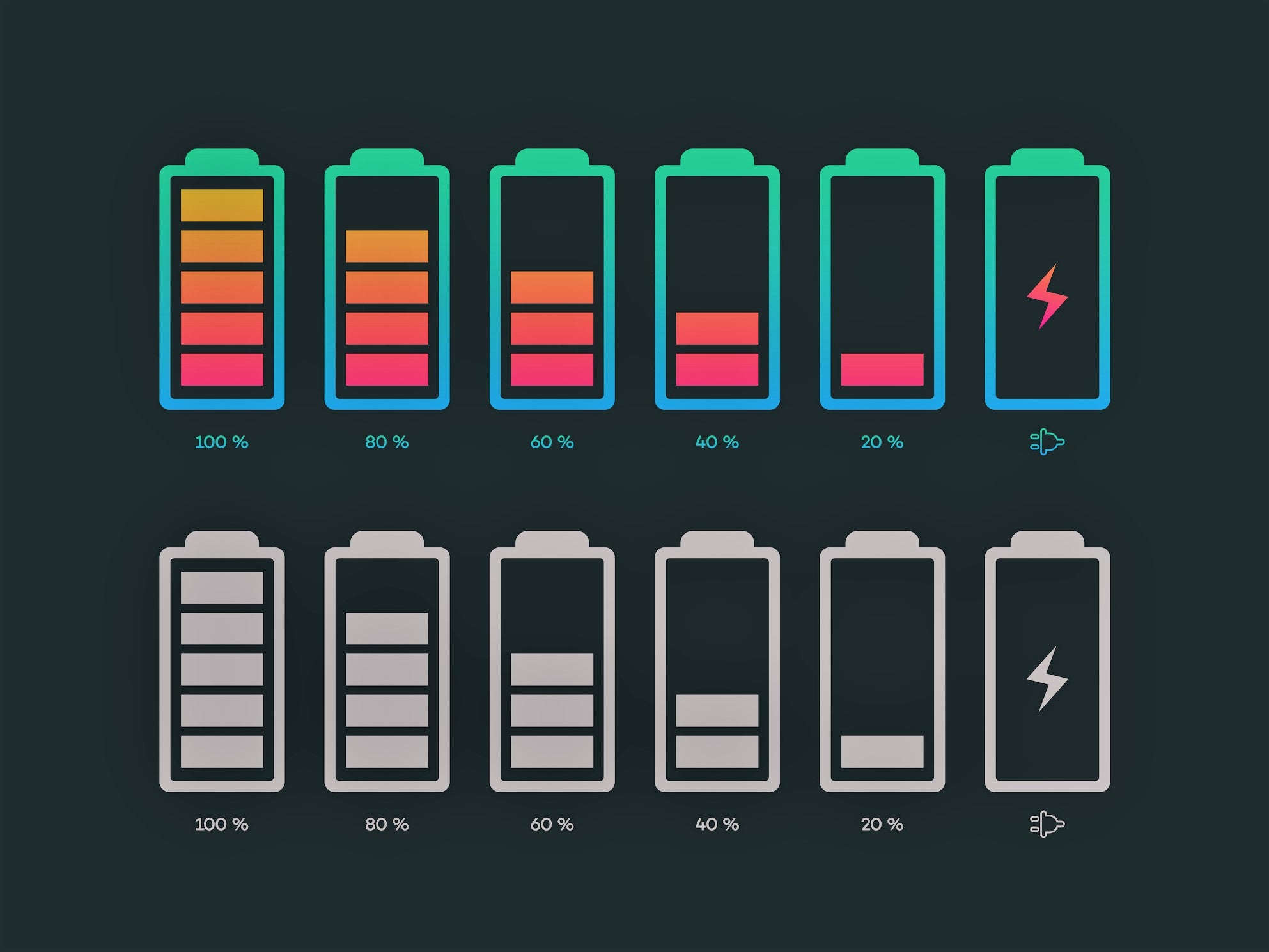Battery breakthrough could allow lithium-ion batteries to last nearly twice as long
MIT researchers demonstrate battery with power ‘two times that of the state-of-the-art lithium-ion batteries’

Your support helps us to tell the story
From reproductive rights to climate change to Big Tech, The Independent is on the ground when the story is developing. Whether it's investigating the financials of Elon Musk's pro-Trump PAC or producing our latest documentary, 'The A Word', which shines a light on the American women fighting for reproductive rights, we know how important it is to parse out the facts from the messaging.
At such a critical moment in US history, we need reporters on the ground. Your donation allows us to keep sending journalists to speak to both sides of the story.
The Independent is trusted by Americans across the entire political spectrum. And unlike many other quality news outlets, we choose not to lock Americans out of our reporting and analysis with paywalls. We believe quality journalism should be available to everyone, paid for by those who can afford it.
Your support makes all the difference.A ground-breaking new battery design that increases power without sacrificing cycle life could enable a new generation of long-range drones, robots and electric vehicles.
Researchers at MIT made the discovery while experimenting with metal electrodes in place of the conventional graphite ones found in lithium-ion batteries. They realised that huge advances in power could be made using a novel electrolyte that separates the electrodes.
The breakthrough made it possible to store up to 420 watt-hours per kilogram within a lithium-ion battery, which can typically only store about 260 watt-hours per kilogram.
The team’s research built on previous work on lithium-air batteries – a type of next-generation battery that holds huge potential but still faces several major obstacles before it can be used in everyday devices.
“There’s still really nothing that allows a good rechargeable lithium-air battery,” said Jeremiah Johnson, a chemistry professor at MIT.
“We designed these organic molecules that we hoped might confer stability, compared to the existing liquid electrolytes that are used.”
A paper detailing the research was published in the journal Nature Energy on Thursday.
Read more:
The new electrolyte “also enables stable and reversible stripping and plating of lithium metal, an important step toward enabling rechargeable lithium-metal batteries with energy two times that of the state-of-the-art lithium-ion batteries,” according to Yang Shao-Horn, a professor of mechanical engineering and materials science and engineering at MIT.
Professor Johnson said the next step is to make scale the production of the batteries to make them affordable, with a view to commercialise them within a couple of years.
“There’s no expensive elements, it’s just carbon and fluorine. So it’s not limited by resources, it’s just the process,” he said.
“I think if we can show the world that this is a great electrolyte for consumer electronics, the motivation to further scale up will help to drive the price down.”
Join our commenting forum
Join thought-provoking conversations, follow other Independent readers and see their replies
Comments